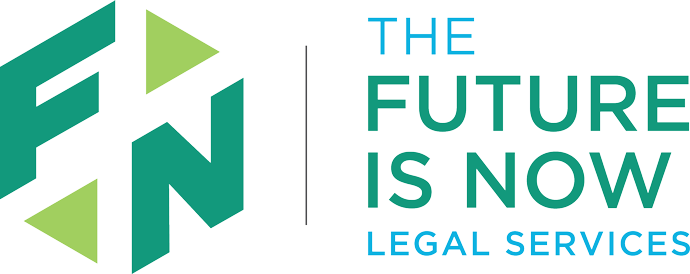“Newlaw” and the New Lawyering
The legal industry has always been unsettled. The dynamic character of technological innovation (illustrated by Moore’s Law) makes our legal system less steady but also more supple, Dan Rodriguez said.
The profession is now in a period that Rodriguez calls “newlaw,” defined by qualitative and quantitative measures of accelerating legal change. Familiar strategies and techniques used to meet client and societal demands are being reinvented. What are the disruptors? What are the chaos creators? What are the sustainable (real) changes?
To address the urgent need for innovation, Rodriguez urged the legal profession to evaluate its internal assumptions (e.g., risk-averse, zero sum games, backward-looking industry) and its innovative disruptors (e.g., computing power, big data, technology). Only then can the profession understand the new expectations for lawyers and adequately address the skill sets lacking in law school and beyond.
Speaker Bio
Daniel B. Rodriguez is the Harold Washington Professor at Northwestern University Pritzker School of Law. He served as law school dean from January 2012 through August 2018. He was a visiting professor at Stanford Law School (autumn 2018) and the Louis Brandeis visiting professor of law at Harvard Law School (spring 2019).
Daniel has taught full-time at numerous law schools including the University of Texas-Austin, the University of San Diego (where he also served as dean) and the University of California, Berkeley.
His scholarship and teaching spans a range of topics in public law, including administrative law, local government law, constitutional law and teaching. He’s also deeply interested in the law-business-technology interface.
Daniel was president of the Association of American Law Schools in 2014. He serves as chair of the ABA Center for Innovation, a council member of the American Law Institute and an advisor to ROSS Intelligence, Inc.
